Mohammed, a middle school student in Philadelphia, puts on his “Free Gaza” bracelet as routinely as he brushes his teeth. He often wears a keffiyeh around his shoulders, despite, he said, being told at school to take it off.
“He’s so sure about who he is and what he wants to represent, he doesn’t care,” said Mariam, his mother.
Like many young Palestinian students across the country, Mohammed, who like his mother asked to use a pseudonym for fear of reprisals, has grown more political over the last year. His grandmother lives in the West Bank, and two of his cousins were killed by the Israeli military, part of the civilian death toll of Israel’s war on Gaza.
In November 2023, Mohammed’s English teacher at Philadelphia’s Baldi Middle School, Caroline Yang, and two other seventh grade teachers, Emily Antrilli and Jordan Kardasz, sensed Mohammed and other Muslim and Palestinian students needed a safe place to express themselves. Yang opened her classroom after school. The war was around a month old, and emotions were running high on all sides.
“They don’t want us to be loud. They don’t want us to be anything.”The students decided to make posters. One listed names of Palestinian children killed by Israeli soldiers. Another showed a dove between Israeli and Palestinian flags. Some of the posters were adorned with slogans like “End apartheid,” “This is not war, this is genocide,” and “From the river to the sea, Palestine will be free.” Some of the posters contained red handprints; other handprints showed the red, white, green, and black of the Palestinian flag.
The teachers put up the signs, along with a Palestinian flag, in the school’s commons on November 17, 2023. The new display would accompany the flags of over 30 other nations, including Israel’s. Within an hour, before classes began, the school removed them, according to the teachers and a principal’s report obtained by The Intercept.
Soon, the posters would become the flashpoint in allegations and recriminations that included accusations of anti-Palestinian, anti-Arab, and anti-Muslim bias, as well as antisemitism. By the time the dust settled with the end of the school year last summer, the fallout had hit students and teachers alike. Some parents decided to pull students from the school. The three teachers had all left their jobs — and decided to file a federal civil rights complaint.
“Silencing. Erasure,” said Mariam, Mohammed’s mother, who was considering pulling both children from Baldi but ultimately kept them enrolled. “They don’t want us to be loud. They don’t want us to be anything.”



Strife in Schools
Across the country, students and educators who have advocated for Palestinians have faced censorship and professional repercussions. The Council on American Islamic Relations, the country’s largest Muslim civil rights organization, is suing a Maryland school district for allegedly placing three teachers on administrative leave for supporting Palestinian rights. Last October, two Minnesota public high school students were suspended for chanting “from the river to the sea.”
In Philadelphia schools, Israel’s war on Gaza had already sparked a furor. Protests erupted after a student podcast was censored by the district, and ad hoc groups have formed to make demands about Palestinian rights from the school system. The district has since suspended the teacher who assigned the censored project and who faced allegations of bias against supporters of Israel. District parents have since petitioned for her reinstatement and questioned the district’s motives.
As for Yang, Antrilli, and Kardasz, the teachers at Baldi, school district communications officer Christina Clark said Philadelphia schools seek to create inclusive learning environments in the full knowledge that their actions will shape students’ lives, but would not comment on personnel matters. Baldi’s principal, Bianca Gillis, did not respond to The Intercept’s multiple requests for comment. In a report summarizing multiple disciplinary hearings, Gillis wrote that the posters and flag caused staff pain and “had a negative and profound impact on Israeli and non Israeli staff.”
“I would not be able to sit right with myself if, as a teacher, I didn’t do anything while a genocide is happening.”“We encourage all of us, staff, community members, and stakeholders of all kinds, to be the role models they deserve,” Clark wrote in a statement to The Intercept. She said the district has held two student forums to allow dialogue between the communities involved. The district has also partnered with the University of Pennsylvania’s Graduate School of Education for workshops with district and school leaders “to increase understanding of antisemitism and Islamophobia.”
For the teachers, however, facilitating the posters was more than just a nod to inclusivity.
“With that many Palestinian students in our school,” Yang said, “I would not be able to sit right with myself if, as a teacher, I didn’t do anything while a genocide is happening.”
The Backlash
A month after the posters and flag were put up and taken down, the principal recommended that the district suspend the teachers without pay for five days and transfer them to different schools. The subsequent investigation, concluded in April, confirmed the disciplinary measures, though by the time the process was over, the recommendation for Kardasz’s transfer had been rescinded.
In May, with a month left in the school year, district officials ordered the teachers to stop teaching and work from home. Before the suspensions could be imposed, all three teachers resigned. None of them felt that they could be good teachers under the circumstances.


The punishments were related to allegations that the teachers disobeyed an order to stay neutral on the war in Gaza, violated an administrative directive to email suggestions on ways to support the school community to the principal, broke three district policies, and created a “hostile work environment” for other staff members, according to disciplinary reports obtained by The Intercept. Other teachers, the report said, were afraid of “continued antisemitism” at work.
“Your actions indicate a select group of teachers exclusively, intentionally and purposefully discussing, planning and engaging students in an activity that was not discussed or approved with the administration of Baldi school and undermined efforts to address a serious and difficult issue for students and staff,” Gillis wrote in a disciplinary report.
When they were ordered to work from home, the teachers were told not to discuss the matter with other colleagues or students.
“My thought process was that it would start a conversation,” said Yang. “I never thought that it would lead to the backlash that it did.”
In response, the teachers, who were all in their first year at Baldi, filed a complaint with the U.S. Department of Education’s Office for Civil Rights, alleging that the school discriminated against Palestinian, Arab, and Muslim students, infringed on students’ First Amendment-protected speech, and disciplined the teachers for their support of Palestinian students and Palestinian human rights.
“I want teachers who are going through something similar, who feel silenced at their schools, to know it’s not just them,” said Yang. “The district needs to protect teachers’ right to teach and talk about Palestine, not leave it up to each principal’s will.”
The federal complaint also alleged that the school rescinded accommodations for Muslim students to make an afternoon prayer during the Islamic holy month of Ramadan. Mohammed and other Muslim students said they had not been allowed to carry out the time-specific prayer. Clark, the district spokesperson, told The Intercept that students can pray during school hours, but prayer should not be held during instructional time to minimize “academic interruption.”
The civil rights complaint and students interviewed by The Intercept, including Mohammed, have also alleged that educators told them to remove their keffiyehs, the checkered Palestinian scarves. (Clark said that Baldi students “may wear keffiyehs on dress down days and during the regular school day.”)
The Department of Education is evaluating the complaint and has not yet made a determination on whether it will open an investigation into the district, according to an attorney who helped the teachers file the complaint.
Censoring Student Speech
In Philadelphia schools, Arabic is the fifth-most spoken language, according to the district, with a large number of Arab students residing in northeast Philadelphia, where Mohammed lives.
At Baldi, the school has instituted “healing circles” led by the district’s diversity, equity, and inclusion office, with students responding overwhelmingly to a school survey that they feel safe and supported, according to the report from Gillis, the Baldi principal.
In October, however, the school’s assistant principal directed teachers to stay “neutral” on Gaza, according to the teachers. And in November 2023, during an all-staff meeting, Gillis gave a verbal directive that teachers must email her if they have suggestions for ways to support students. The teachers hung the posters and flag despite that order — followed by the response from other faculty members described in internal reports.


“Staff members shared concerns of being safe in our building and that the Jewish community felt discriminated against, marginalized and hated,” says one of the disciplinary reports obtained by The Intercept. “Tears were shed in Principal Gillis’ office over the fear of continued Antisemitism.”
The lawyer who helped the teachers file their federal complaint said the school’s actions appeared to be an attempt to punish teachers for facilitating students’ speech.
“I think they’re trying to find a way to censor student speech without running afoul of the law,” said Noelia Rivera-Calderón, an education civil rights attorney and member of Palestine Legal Attorney Network.
The teachers said a double standard is at work on the Israeli-Palestinian conflict in Philadelphia schools. They pointed to the Israeli flag in the commons and another one in Baldi’s main office, next to Italian and American flags. And neutrality is a facade, they said: In the wake of Russia’s invasion of Ukraine in 2022, the teachers allege the school had pro-Ukrainian student art on a hallway bulletin board.
In May, Gillis stated that any signage, writing, or clothing that supported “’only one country’ created an unsafe environment, specifically noting that any sign of Palestine was unsafe for Jewish students,” according to the federal complaint.
None of the other displays stirred the sort of controversy or discipline that has erupted over the Palestinian flag and posters. The OCR complaint alleges that disciplinary meetings “made clear that Baldi administration’s concerns with the posters were not procedural but due to their pro-Palestine content.”
“The punishment is not because we hung up posters, the punishment is not because we didn’t have parents’ permission after school, they’re going to say that that’s what it is,” said Kardasz, one of the teachers. “But the punishment is the fact that these posters are pro-Palestinian, they are anti-genocide, they are anti-violence towards Palestinian people.”
“The kids who made the posters believed in a free Palestine before they even knew who the three of us were,” Kardasz said. “They found teachers who they felt comfortable saying that to.”
When Mohammed’s mother Mariam found out about the posters, she said she was ecstatic. She said, “Because that meant that somebody was recognizing them for who they are.”
“Am I Ever Going to See Ms. Yang Again?”
One Baldi student involved in making the posters told The Intercept that a school official had told the student to remove their keffiyeh, they said, because it violated the school uniform.
In contrast, the student said being in Yang’s classroom in November and making posters instilled a sense of pride, “because I knew there were people who stood with us.”
“I thought it was the best we could do to show our solidarity,” said the student, whose mother requested they remain anonymous. “Since you’re still a middle schooler, you can’t do much.”
The student’s mother took her kids out of Baldi and placed them in a private school.
“Having Ms. Yang there just made me feel at peace, like someone cares about Palestinian life,” the mother said. “And the fact that they kicked her out for doing that just made me feel like it’s just not a place I want my kids to be.”
Antrilli, who’s lived in Philadelphia for seven years, is now teaching at a charter school across the river in Camden, New Jersey. That decision wasn’t easy.
“I was ready to have my career with this district,” said Antrilli, who had been in her first year at Baldi. “The district will just keep going the way that it’s going, and it’s going to lose teachers like us who really want to help these kids, and these kids have to still go into these schools and feel this way every day.”
Kardasz, for her part, is teaching at a community college in the Philadelphia suburbs. As for Yang, she isn’t sure if she will return to teaching at all.
Sitting in his living room this past June, Mohammed posed a question to his mother: “Am I ever going to see Ms. Yang again?”

 German (DE)
German (DE)  English (US)
English (US)  Spanish (ES)
Spanish (ES)  French (FR)
French (FR)  Hindi (IN)
Hindi (IN)  Italian (IT)
Italian (IT)  Portuguese (BR)
Portuguese (BR)  Russian (RU)
Russian (RU) 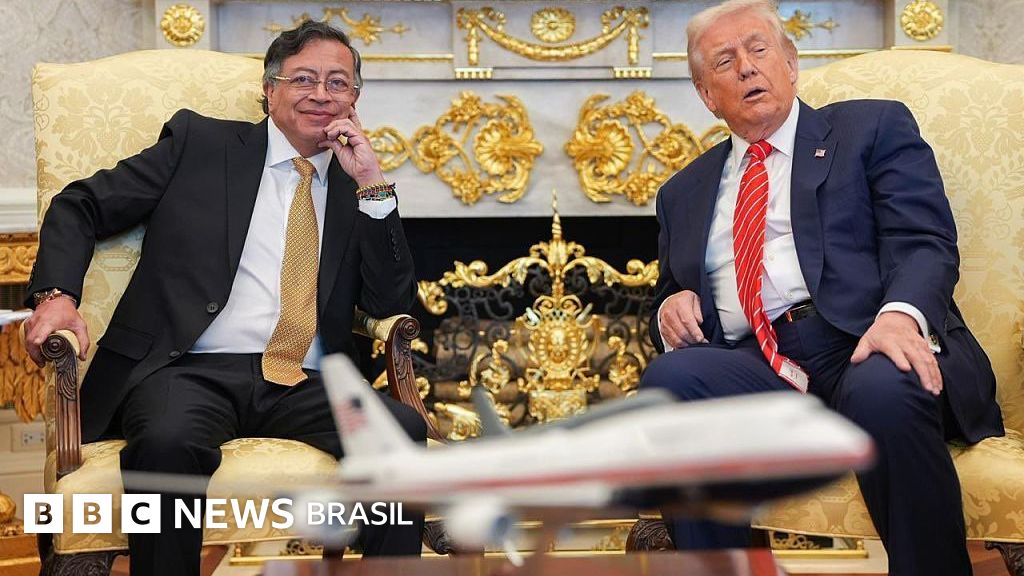



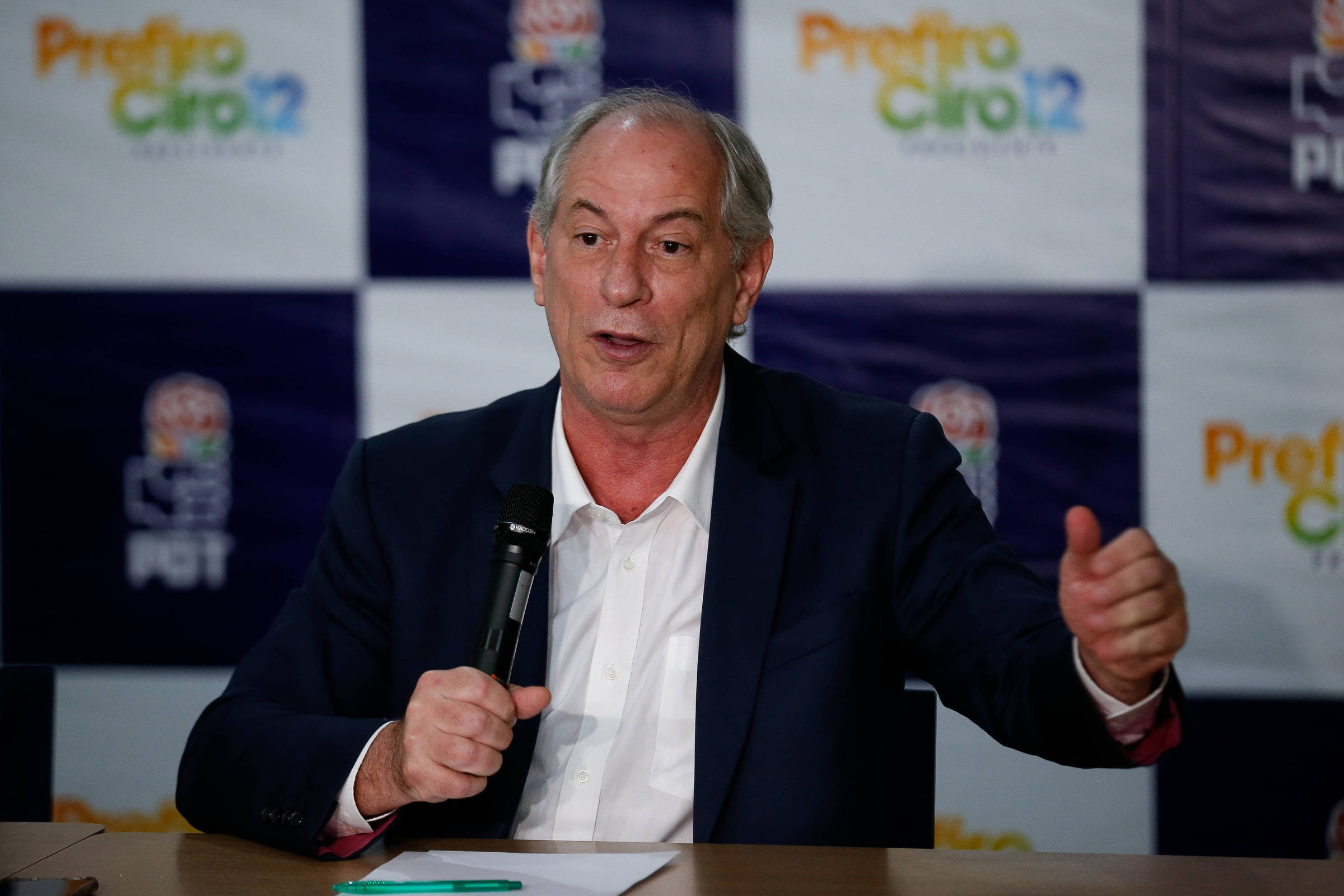
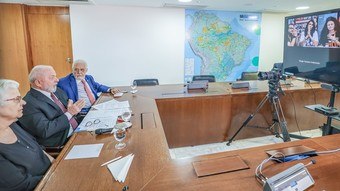
:strip_icc()/i.s3.glbimg.com/v1/AUTH_59edd422c0c84a879bd37670ae4f538a/internal_photos/bs/2023/l/g/UvNZinRh2puy1SCdeg8w/cb1b14f2-970b-4f5c-a175-75a6c34ef729.jpg)
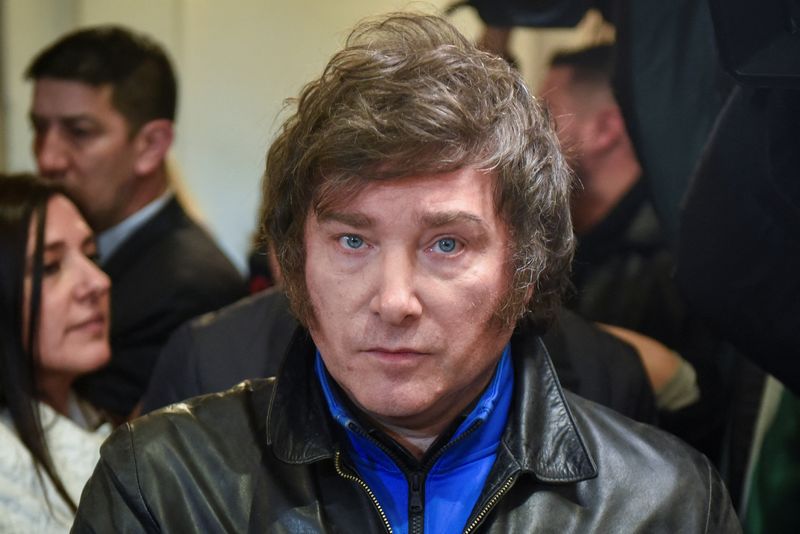
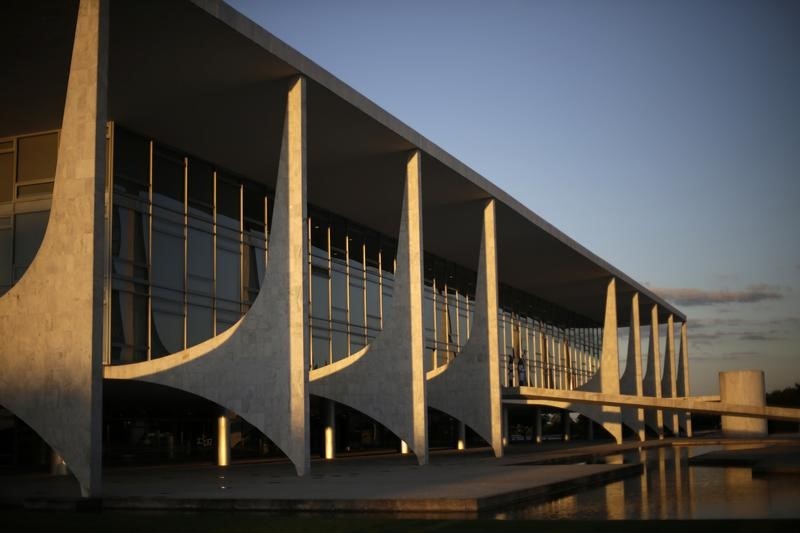

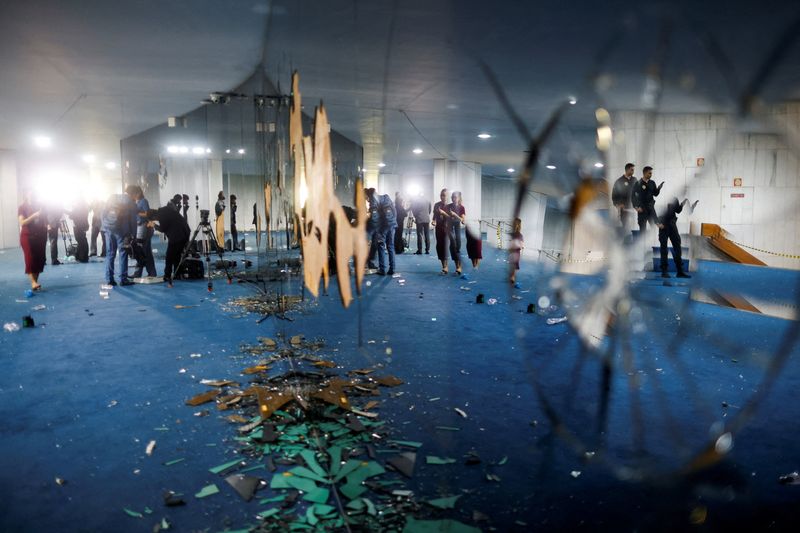
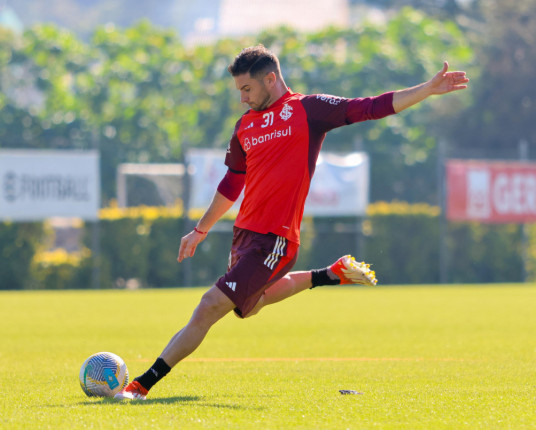

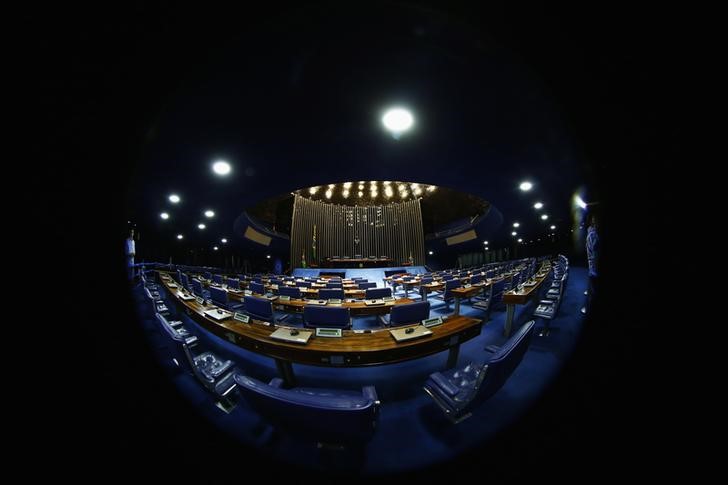
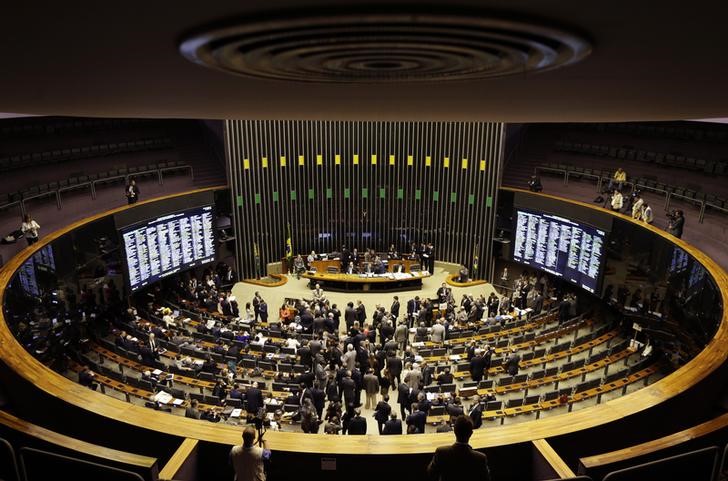


Comentários
Aproveite ao máximo as notícias fazendo login
Entrar Registro